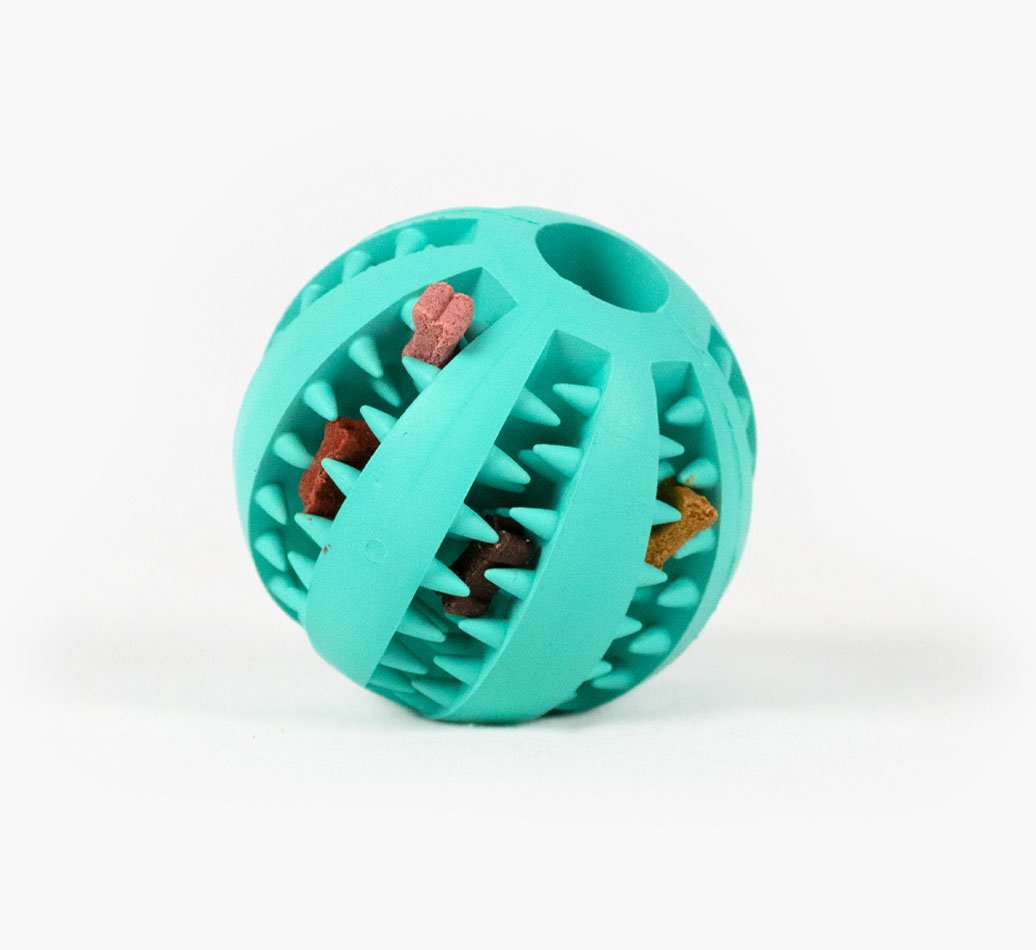My Dog Is Always Hungry! Should I Be Worried?
Does your dog always hound you for more food? Or just one more treat… or three? While it’s common for our canine friends to wolf down their dinner and get excited for mealtimes, an increased appetite can also signal health concerns.
If your dog is always hungry, we understand how hard it is to keep refusing them snacks, especially if they whine, beg, or give you their puppy dog eyes! While this could be learned behaviour, excessive hunger is also linked to health issues, such as a metabolism problem that makes your dog feel hungry just after eating.
So, is your dog a hungry hound that’s just interested in food or should you be concerned about underlying health issues?
Let’s delve into reasons why your furry friend is always famished, possible causes, and when to be concerned.
Symptoms to look out for if your dog is always hungry
If your dog is suddenly hungrier than usual, they may have other symptoms too. Call your vet if your dog has an increased appetite and experiencing the following symptoms:
Vomiting or diarrhoea
Increased thirst and urination
Weight gain or loss
Changes in body shape (such as muscle shrinkage or a growing potbelly)
Eating non-food items
To be on the safe side, it’s always best to contact your vet if there’s a change in your dog’s eating or bathroom habits.
Why is my dog always hungry?
There are lots of reasons why your dog may be obsessed with food and it’s not always a cause for concern. While some dogs are fussy eaters, others absolutely love the sound is food filling their bowl and chomping away.
However, hunger can also derive from stress, learned behaviour, genetics, increased exercise, or an underlying health condition.
To get to the root of the problem, we’d always recommend seeking the advice of your vet so they can examine your dog and rule out serious concerns.
Common causes of increased appetite in dogs:
Your dog getting older (for example if you have a puppy, their appetite will naturally increase as they age)
Psychological issues, such as stress or anxiety
Overfeeding
Learned behaviour of begging for food
Medication side effects
Genetics (some dogs are prone to being hungrier and becoming overweight)
Low-calorie or unbalanced diet
Pregnancy of lactation
Increased exercise
Metabolic disorders, such as diabetes mellitus and hypoglycemia
Cushing’s disease
Parasites/infections – especially those that interfere with nutrient absorption
Gastrointestinal disorders such as:
Cancer
Inflammatory bowel syndrome
Exocrine pancreatic insufficiency
As you can see, this is quite an extensive list!
We understand that it can be worrying to see your dog constantly hungry, especially if they start begging for food, so it’s important to contact your vet if you’re concerned - they may carry out tests on your pooch to rule out possible causes.
Tips for dealing with your hungry hound’s appetite
If your dog is otherwise healthy and underlying health issues have been ruled out by your vet, here are some tips for dealing with your dog’s big appetite!
Give them a healthy snack
This could be pieces of carrot or apple. Alternatively, you can give your dog some of their kibble, just make sure that this is taken into consideration when calculating your dog’s daily calorie intake.
Also, be aware that some healthy snacks are dangerous for dogs (like grapes). Check out what foods are toxic to dogs for more info on this.
Take your dog for a walk
Going for a stroll is a wag-nificent way to keep your pooch busy and away from their food bowl.
Refresh your dog’s water bowl
This sounds simple, but quenching your dog’s thirst can take their mind off food. Take a peek at our range of water bowls if you want to treat your pooch to a new bowl!
Give your dog some extra attention
Playing with your dog or practising tricks are great ways to bond with your best bud and keep them busy.
Give your dog their food in a puzzle feeder
This will stop them your pup from wolfing down their food too quickly. Putting their treats inside a treat toy will also keep them mentally stimulated.
Make sure friends and family are in the loop
Be sure to tell others not to give your dog food or treats when they beg.
Gradually reduce the number of treats you give
If you usually give your dog lots of treats during the day, going cold turkey may be a struggle for your pooch. Instead, gradually reduce the number of treats you give, you can also break them into smaller bits or put them in a treat ball to keep them entertained too.
A treat ball is a great way to keep your dog occupied
Yappy to help
We hope that you’ve found this blog post helpful and feel more clued-up on your dog’s hunger.
For more guidance on looking out for your best bud, check out our blog post on whether to feed your dog before or after a walk and how to stop your dog from jumping up.
Yappy.com is a personalised pet product shop for dog and cat lovers, simply select a breed and icon and add your pet’s name to create a personalised shop just for you and your pet.






